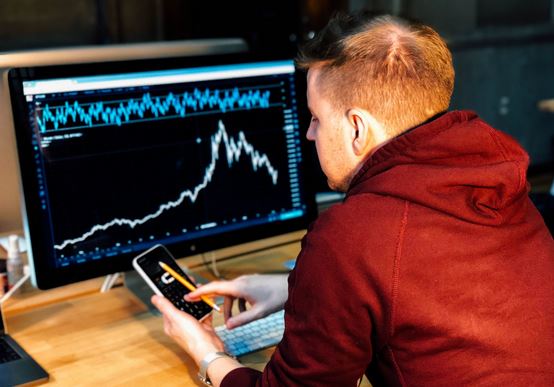You might think becoming a full-time Forex trader is easy, but it’s far from it. Only the disciplined can make a living in Forex trading, an environment of constant ups and downs.
The key is to understand what you’re getting into before you begin. To give you a sense of what Forex trading is all about, here are a few pros and cons.

Pros
You’re in control
Forex trading is fundamental in that no one is ever forcing you to make a trade. Markets are inherently volatile (and for many traders, this is part of their appeal), but you always choose how much, if any, the risk to take and when to enter a trade.
Flexibility
Trades can happen when, where, or however you like, just as no one forces you to make them. There are always opportunities to explore the market because it is almost always open.
Trading is a very common activity for regular traders, but they rarely have time to concentrate during the day. It is common for them to limit their active trading to evenings or weekends and monitor trades using their mobile devices during the rest of the day. Their account and trading skills will be built on this solid foundation.
You can stick to more than one style of trading. If you prefer to trade long-term, short-term, day trading, high volume for low profit, or vice versa, you have the choice.
The art of practicing
Understanding whether Forex trading is right for you begins with a Demo account, a virtual trading environment that simulates a real trading environment. It is still valuable to test different strategies and hone your skills on a Demo account, even once you have switched to Live to trade.
Cons
Risk
It is inherently risky to trade because every trade can go wrong. A trader’s job is to minimize risk, and reducing leverage and selecting an appropriate strategy are two easy ways to accomplish this.
Increasing your leverage can help you spread your capital more widely, but you may have a big loss if you lose a trade using high leverage. The downside of highly volatile trades is that you might be out of pocket if it doesn’t go well. Simple tools like Stop Loss can help reduce your risk, for example.
Information overloads
To the point where it can be overwhelming for traders, a vast amount of data and information is available. What is the limit of too much? Traders and their strategies vary. Experienced traders tend to digest large amounts of information more comfortably, while newer traders tend to focus on a few key metrics.

Overconfidence
The experience of making several consecutive winning trades can be exciting, but this should come with the knowledge that one losing trade could set you back. A long-term strategy should consider when trading requires a high degree of discipline.
Having a run of positive results does not affect the outcome of the next trade. Regardless of whether you are on a good run, every trade should be considered independently within your trading strategy.
Bottom line
A full-time job in Forex trading requires discipline and a willingness to put in hard work consistently, as it is inherently full of ups and downs. The right balance will be the key to a successful trading career.


